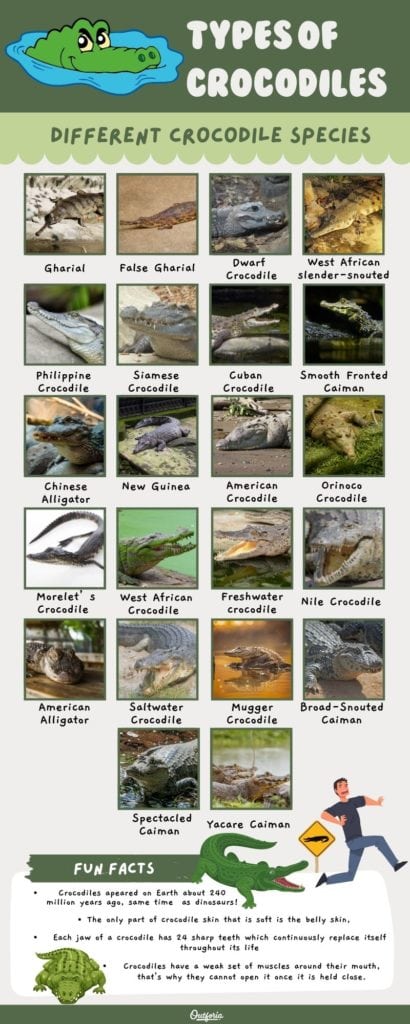CLIMATE CHANGE
Climate change is the long-term alteration of the Earth’s climate system, mainly due to human activities that increase the concentration of greenhouse gases in the atmosphere. Greenhouse gases, such as carbon dioxide, methane, nitrous oxide, and chlorofluorocarbons, trap heat and slow its escape to space, causing the planet to warm up. The main sources of greenhouse gas emissions are burning fossil fuels for electricity, heat, and transportation; deforestation and land use changes; agriculture and livestock; and industrial processes.Climate change is already affecting the Earth in various ways. The global average temperature has risen by about 1.1°C since the pre-industrial era and is projected to increase by 1.5°C between 2030 and 2052 if current trends continue. The warming climate has altered the patterns and intensity of precipitation, snowfall, and storms; increased the frequency and severity of heat waves, droughts, and wildfires; melted glaciers, ice sheets, and permafrost; raised sea levels and caused coastal erosion and flooding; acidified the oceans and affected marine life; and reduced biodiversity and ecosystem services.
Climate change poses serious risks and challenges for human well-being and development.
Some of the consequences of climate change include:
- Food insecurity: Climate change affects crop yields, livestock production, fisheries, and aquaculture. Higher temperatures, water scarcity, pests, diseases, floods, storms, and soil degradation can reduce food availability and quality. Climate change can also disrupt food distribution and access, especially for vulnerable groups such as the poor, women, children, and indigenous peoples.
- Water scarcity: Climate change affects the availability and quality of water resources. Higher temperatures increase evaporation and reduce snowpack and glacier meltwater. Changes in precipitation patterns affect river flows and groundwater recharge. Sea level rise causes saltwater intrusion into freshwater aquifers. Droughts reduce surface water and groundwater levels. Floods contaminate water sources and damage infrastructure. Water scarcity can lead to conflicts, displacement, health problems, and reduced hydropower generation.
- Health impacts: Climate change affects human health directly and indirectly. Higher temperatures increase the risk of heat stress, dehydration, cardiovascular diseases, respiratory diseases, kidney diseases, and mental disorders. Extreme weather events can cause injuries, deaths, displacement, infections, malnutrition, and mental trauma. Changes in vector-borne diseases (such as malaria), water-borne diseases (such as cholera), food-borne diseases (such as salmonella), zoonotic diseases (such as COVID-19), and allergens can affect millions of people. Climate change can also exacerbate existing health inequalities and vulnerabilities.
- Economic losses: Climate change affects various sectors of the economy such as agriculture, fisheries, forestry, tourism, energy, transport, trade, industry, and services. Climate change can reduce productivity, income, employment, investment, trade, and growth. Climate change can also increase the costs of adaptation, mitigation, disaster risk reduction, recovery, reconstruction, and insurance. The World Bank estimates that climate change could push more than 100 million people into poverty by 2030.
- Migration and conflict: Climate change can induce or aggravate human migration and conflict. Climate change can force people to move within or across borders due to environmental degradation, resource scarcity, disasters, violence, persecution, or lack of opportunities. Climate change can also increase the risk of conflict by creating or exacerbating social, economic, political, and ethnic tensions over scarce or degraded resources, territories, rights, and identities. The United Nations estimates that there are currently more than 80 million forcibly displaced people in the world due to various causes including climate change.
These consequences of climate change are not inevitable. They can be avoided or reduced by taking urgent and ambitious actions to limit greenhouse gas emissions and enhance adaptive capacity. The Paris Agreement is a landmark international treaty that aims to keep the global temperature rise well below 2°C above pre-industrial levels and pursue efforts to limit it to 1.5°C. The agreement also aims to strengthen the ability of countries to deal with the impacts of climate change and to mobilize financial, technological, and capacity-building support for developing countries. However, the current pledges and actions by countries are not enough to achieve these goals. According to the United Nations, the world needs to reduce emissions by 45% by 2030 and reach net-zero emissions by 2050 to have a chance of limiting warming to 1.5°C.
Therefore, it is imperative that all countries, sectors, and stakeholders take immediate and coordinated actions to enhance their climate ambition and action and to implement the Paris Agreement in a fair, effective, and transparent manner. The upcoming 26th Conference of the Parties (COP26) to the United Nations Framework Convention on Climate Change (UNFCCC), to be held in Glasgow, UK, in November 2021, is a critical opportunity for the world to demonstrate its commitment and solidarity to tackle the climate crisis and secure a safer and more prosperous future for all.
REFERENCES
(1) Causes and Effects of Climate Change | United Nations. https://www.un.org/en/climatechange/science/causes-effects-climate-change Accessed 27/06/2023.
(2) Causes | Facts – Climate Change: Vital Signs of the Planet. https://climate.nasa.gov/causes/ Accessed 27/06/2023.
(3) Effects | Facts – Climate Change: Vital Signs of the Planet. https://climate.nasa.gov/effects/ Accessed 27/06/2023.
(4) Climate change - Wikipedia. https://en.wikipedia.org/wiki/Climate_change Accessed 27/06/2023.
(5) What Is Climate Change? | United Nations - الأمم المتحدة. https://www.un.org/en/climatechange/what-is-climate-change Accessed 27/06/2023.

.jpeg)







No comments:
Post a Comment